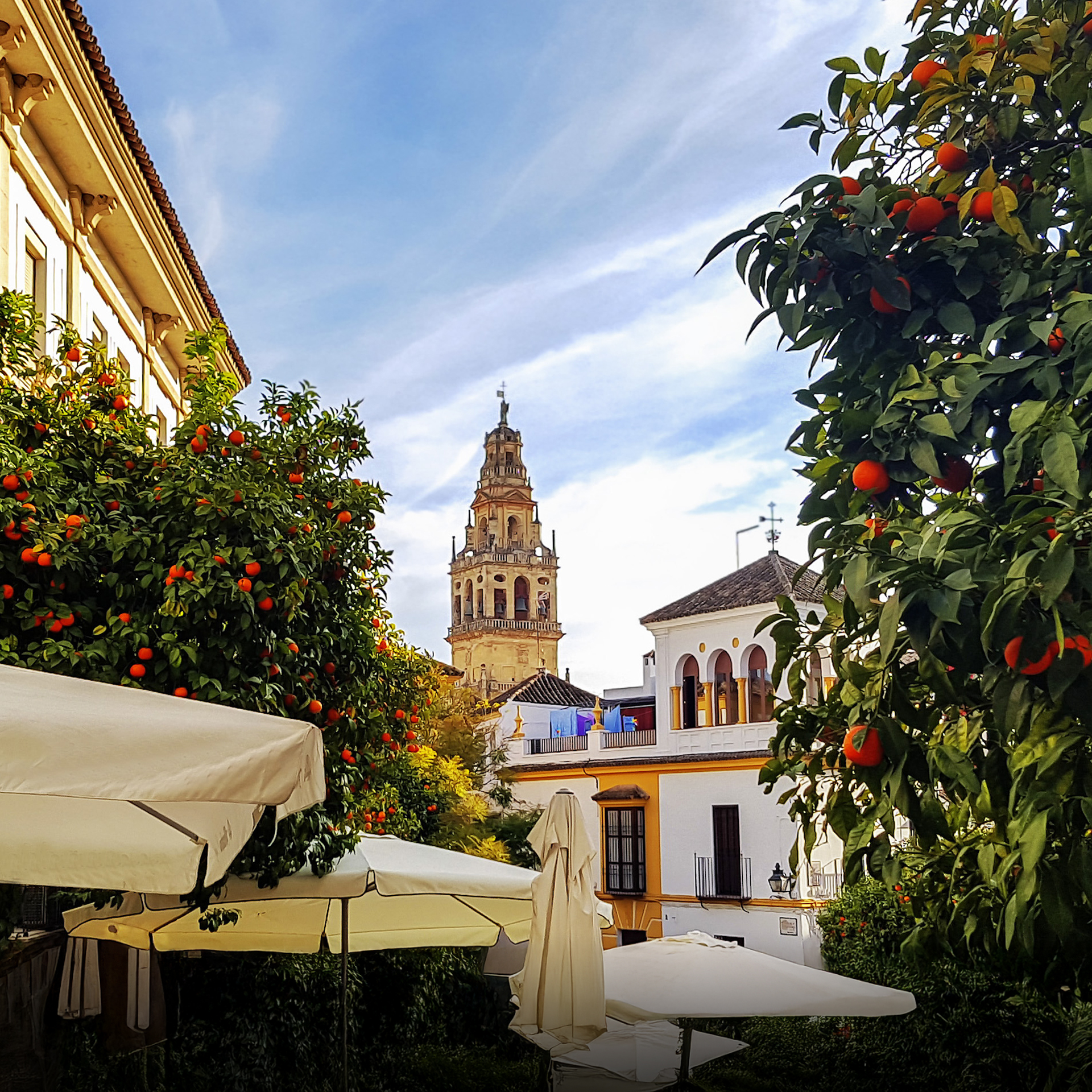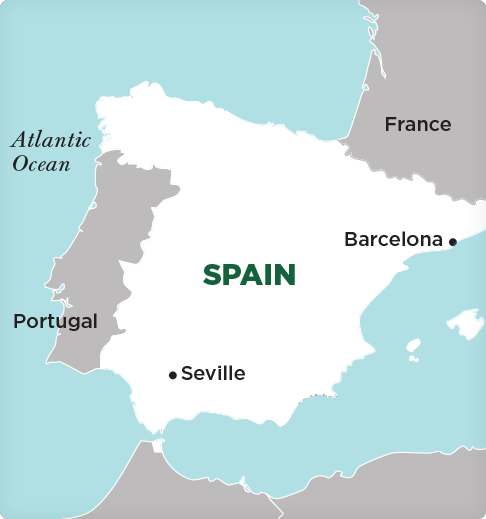Elective Options, choose 1 of 4:
- Cross-Cultural Psychology in Spanish Context (Psychology Track)
- Mediterranean Cities and Climate Adaptation (Climate Track)
- Spanish Economics and European Integration (Economics Track)
- Spanish Cinema and Cultural Identity (Cinema Track)
Cross-Cultural Psychology in Spanish Context (Psychology Track)
(PSYC3060 / 3 credits)
This course provides essential knowledge of cross-cultural psychology principles for meaningful engagement with Spanish society and personal cultural adaptation. Students examine how cultural factors influence human behavior, development, and mental health, with attention to identity formation, family dynamics, and acculturation processes in multicultural Spain. Through experiential learning, field visits, and cultural immersion, students engage directly with Spanish communities, local psychologists, and cultural organizations. The course emphasizes practical application of acculturation theories, cross-cultural communication skills, and cultural competence development while analyzing how culture, psychology, and personal experience intersect in contemporary Spanish contexts.
Mediterranean Cities and Climate Adaptation (Climate Track) – syllabus
(EURO3060 / 3 credits)
Mediterranean cities face unprecedented climate challenges as the region warms 20% faster than the global average. This course examines innovative adaptation strategies using Seville as a primary case study—the first city globally to name and categorize heat waves. Students explore cutting-edge urban climate solutions including nature-based interventions, smart cooling technologies, and integrated water management systems. Through neighborhood climate assessments, community partnerships, and development of practical action plans, students investigate how cities transform from climate-vulnerable spaces into resilient urban environments through collaborative governance, evidence-based planning, and community engagement while addressing equity dimensions of climate adaptation.
Spanish Economics and European Integration (Economics Track) – syllabus
(ECON3060 / 3 credits)
Spain’s transformation from European periphery to EU core member represents one of the most successful cases of European integration and regional development. This course examines how Spanish regions leverage EU membership, structural funds, and single market access to build competitive economies while maintaining distinctive territorial identities. Using Sevilla and Andalucía as case studies, students explore how European integration shapes regional development strategies, cross-border collaboration, and knowledge transfer networks. Through engagement with EU funding mechanisms and policy makers, students analyze multi-level governance effectiveness integrating EU policy frameworks with Spain’s autonomic system and regional development initiatives.
Spanish Cinema and Cultural Identity (Cinema Track) – syllabus
(ARTS3060 / 3 credits)
Spanish cinema has emerged as one of Europe’s most innovative film industries, producing globally acclaimed directors like Pedro Almodóvar and Icíar Bollaín. This course examines how Spanish cinema reflects and shapes cultural identity, exploring the nation’s history through film from Franco dictatorship to contemporary Spain. Students analyze how filmmakers negotiate national identity, regional autonomy, gender roles, and Spain’s global position. Using Seville as a living laboratory, students engage with Andalusian film culture through screenings at historic theaters while exploring southern Spanish identity representation. The course emphasizes cinema as artistic expression and cultural document, revealing tensions shaping modern Spain.










